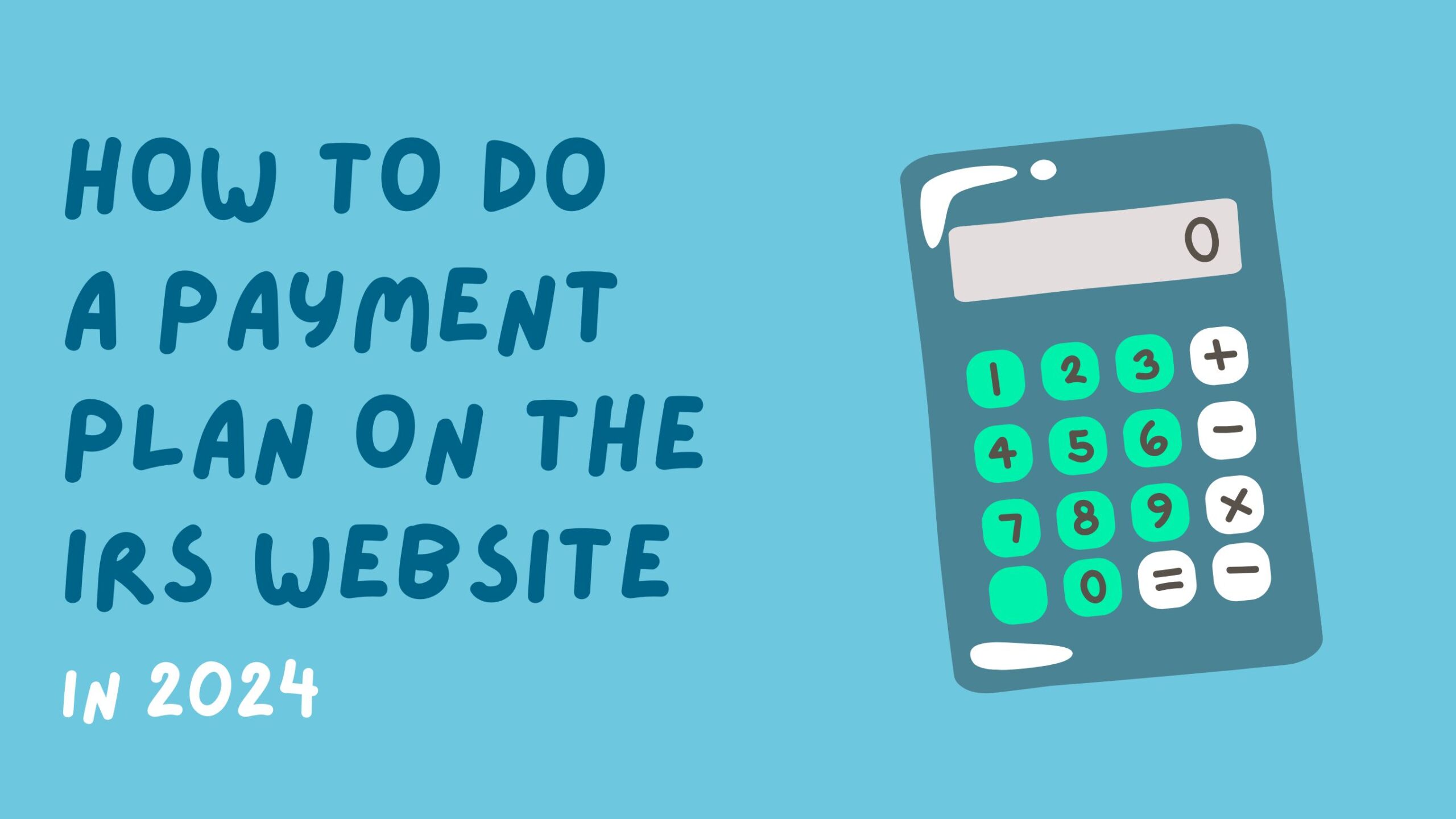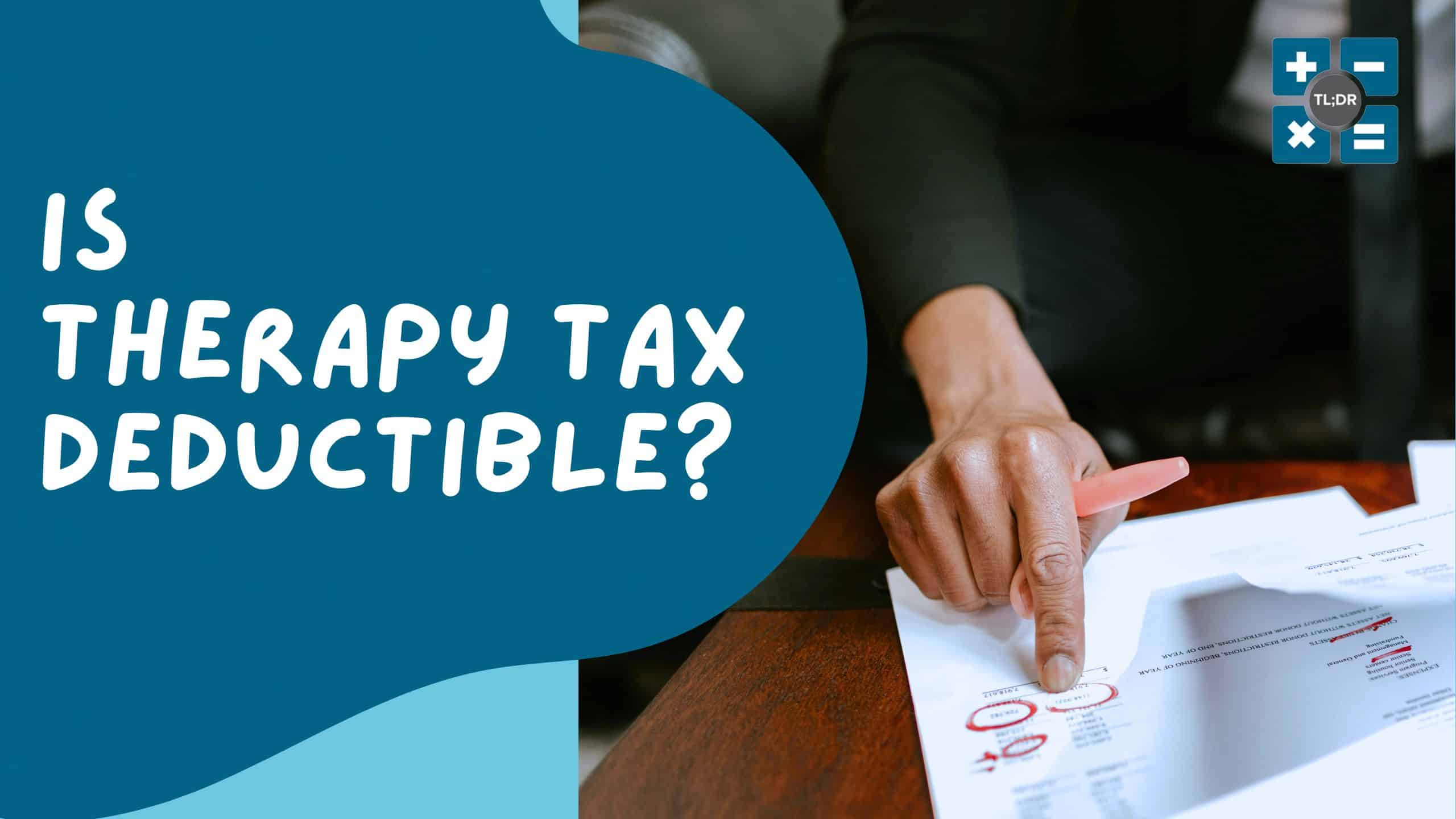You may have heard of Bitcoin, Ethereum, and Litecoin, but have you heard of Dogecoin, PotCoin, and Cthulhu Offerings? These are all cryptocurrencies, or digital currencies that use blockchain technology to track the total history of every transaction in that currency.
If you own or are considering purchasing cryptocurrencies, you might wonder if we have any experience with them, along with how to account for the taxes on them.
The short answer is: yes, we do! Stay tuned for the long answer below.
Questions We’ll Ask You
We’re going to use the term “coin” interchangeably with “cryptocurrency” for the rest of this article, because cryptocurrency is a mouthful.
We work with many clients who actively trade, mine, or hold onto some form of coin. When we discuss cryptocurrencies with potential clients, we ask the following:
- Do you keep track of your basis?
- Basis starts off as the price you paid for the coin, but it can change afterwards
- What exchanges are you currently on?
- Exchanges are websites you use to buy, sell, and trade coin, much like a stock exchange.
- Are you using cryptocurrency as a currency or just investing in it?
- While presumably intended to be used as currency (hence the term cryptocurrency), coin can also be used as an investment, much like people are able to also invest in foreign currencies. We’ll get more into this later.
- Are you actively mining?
- Do you have one of those Minecraft pickaxes? Just kidding. “Mining” cryptocurrencies is a very abstract concept with enough nuance for its own article.
- Mining is how the supply of a coin increases. To oversimplify, mining involves groups of very fast computers racing to solve incredibly difficult math problems. The first set of computers that solves the math problem gets an amount of coin.
- Are you trading cryptocurrency on a regular basis?
- Much like stocks, you can “day-trade” coin or you can be more of a buy-and-hold type of investor.

Tracking Your Coin Collection
Let’s go back to that first question we asked above, Do you keep track of your basis? If you don’t know what we’re talking about, or if you do and simply haven’t been tracking your basis, then it’s time to take action. We recommend using the website www.bitcoin.tax to manage your portfolio. We have our own firm account there, so you can invite us once you create an account (or we can create an account for you). From there, we can pull your tax information as needed. This is especially useful if we are helping you with tax planning.
Don’t worry, we won’t get mad at you if you tell us that you’ve done absolutely nothing in the last 5 years to keep tabs on your coin. Cleaning things up is our job.
If you already have a way to track your coin that is not bitcoin.tax, then that’s perfectly fine. Just let us know and we’ll work with you on your situation.
Why Should I Use One of the Cryptocurrency Tracking Services?
The biggest reason to use a service like bitcoin.tax is to save time. Pulling and collating information and matching lots sold with lots purchased takes a long time by hand — a fact we discovered in the past, before the advent of these types of online services.
If you are on several exchanges or if you are transferring coin between exchanges for a better service fee rate, we highly highly recommend using one of the tracking services since it’s important to make sure you are not duplicating coin across your reports. You don’t want something to be counted as a sell when it was actually a transfer.

For Tax Purposes, Is Cryptocurrency a Currency or a Security?
When you buy a foreign currency like francs or pesos or yuan, it counts as currency even if your intent is to invest. Derivatives of foreign currency, like options or futures, count as securities:
A security is a tradable financial asset, like a stock, bond, derivative, or other kind of financial instrument.
As opposed to foreign currency, the IRS considers cryptocurrency a security. Securities are treated like other forms of property, such as real estate.
Selling Coin Is a Taxable Event
You probably could have guessed by now that selling coin is a taxable event (it triggers taxation). Let’s break down how this event works using an example.
You bought some coin for $1,000 and you’re selling it for $1,500. Congratulations, that’s quite a gain. We need more information in order to determine how to treat this $500 gain tax-wise.
The first question is very important: how long did you own the coin that you just sold — did you own it for less than a year or for one year or more? Let’s say you’ve owned the coin for 11 months and are considering selling it now, in order to pay for some Christmas presents.
Since you’ve owned the coin for less than a year, you will treat the capital gain as Ordinary Income. Generally this is a bad thing, because it means that the income is taxed at your marginal rate. Let’s say you’re in the 24% tax bracket, meaning every additional dollar is taxed at 24%. In this case, you have to pay 24% * $500 = $120 in taxes. That’s not great.
Let’s say that you change your mind and decide to put the Christmas gifts on credit and hang onto your coin for a bit longer. Let’s also say that, due to a remarkable coincidence, the price of your same coin hits $1,500 again a month later and you have the opportunity to sell it at the same pre-tax gain.
So, you sell for $1,500 and since you’ve owned it for more than a year, it’s a long term capital gain. Now, your capital gains tax bracket is different from your ordinary income tax bracket. If you’re in the 24% ordinary income bracket, you are in the 15% long term capital gains bracket.
Ignoring transaction fees, your $500 gain will be taxed at 15%. Tax will be $75, not as bad!
Going through these examples, hopefully it’s clear that tracking the purchase price and purchase date of all of your coin purchases is essential. We recommend using software.
You might be wondering what happens if you sell $1,000 of coin but some of it was short-term and some was long-term. In that case, treat it as two separate transactions and calculate the tax separately as well.

Coin-to-Coin Is a Taxable Event
Again, because coin is treated as property, trading Bitcoin for Ethereum is treated like trading Apple stock for Disney stock. In other words, it’s treated as if you sold the Bitcoin / Apple stock then bought the Ethereum / Disney stock. The frustrating part of this is that you may not have gained any cash from this transaction, but you may have to sell extra stock in order to pay the tax on the transaction… much like sell to cover restricted stock units.
Important note: You need to know the US Dollar amount of your coin at the time you purchase it and at the time you sell it. This can be tricky to track when you trade one coin for another. We recommend using software to account for all of this.
Using Coin to Purchase Goods and Services Is a Taxable Event
Ok, time for us to be party poopers. Technically, even buying a pizza with cryptocurrency is a taxable event, because it’s akin to trading a tiny sliver of Amazon stock for that Pizza Hut order. We agree that this sounds ridiculous and can be cumbersome, but we didn’t make this decision.
As opposed to a coin-for-coin trade, at least you have solid footing for the USD price of the good you’re buying: if the total pizza order is $20 and you spent 0.2 Litecoin to buy it, then you can treat it as having sold $20 worth of Litecoin and pay tax on that.
Mining Coin Is Taxable Income along with Earning coin for Services
If you are a coin miner, let us know! Mining is beyond the scope of this article, but keep in mind that it is taxable. The same goes for if you earn coin instead of wages.

Non-Taxable Cryptocurrency Events
It might look like every coin transaction under the sun is taxable. Well… almost, but here’s a list of coin events that don’t end up with the IRS peeking through your blinds:
- Buying and holding coin is not taxable. Your coin will experience unrealized gains and losses, which are not taxable until you realize them. In other words, you aren’t taxed when the market price changes, you’re taxed when you take some kind of action on it.
- Transferring coin is not taxable. This is like a bank transfer, but you need to be careful since some exchanges count this as a sale on their reporting.
TL;DR: Please, for the love of Satoshi Nakamoto, get some help tracking your cryptocurrency — don’t just write it on a napkin. You can look around for software options, you can use Bitcoin.tax, or, as we mentioned, you can just let us know and we’ll help. We didn’t make these complicated rules, but we’re here to help you navigate them.






